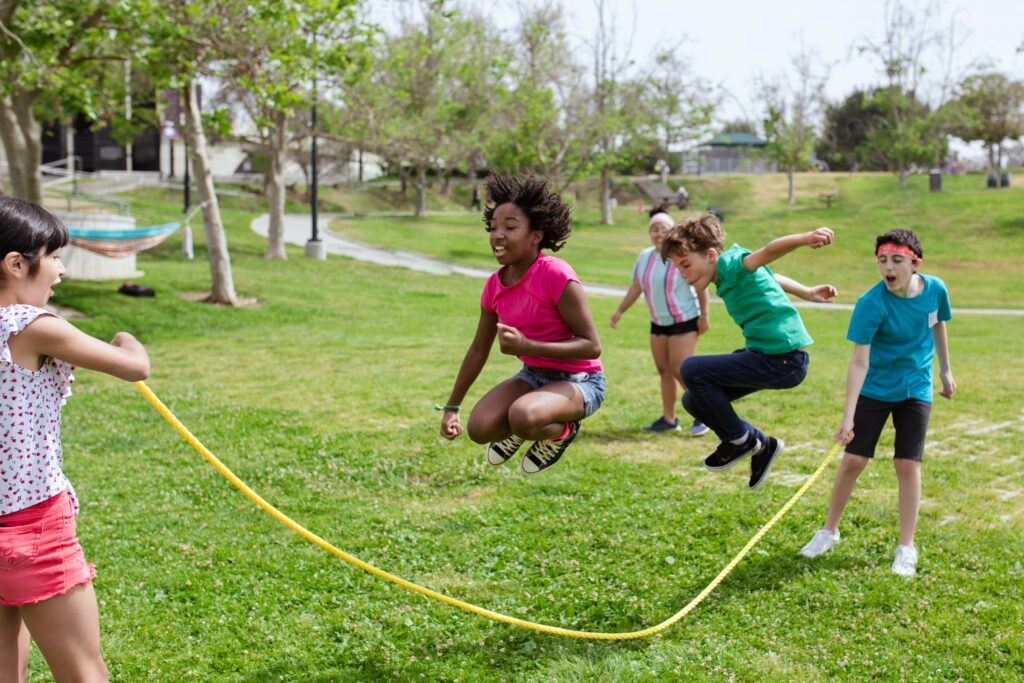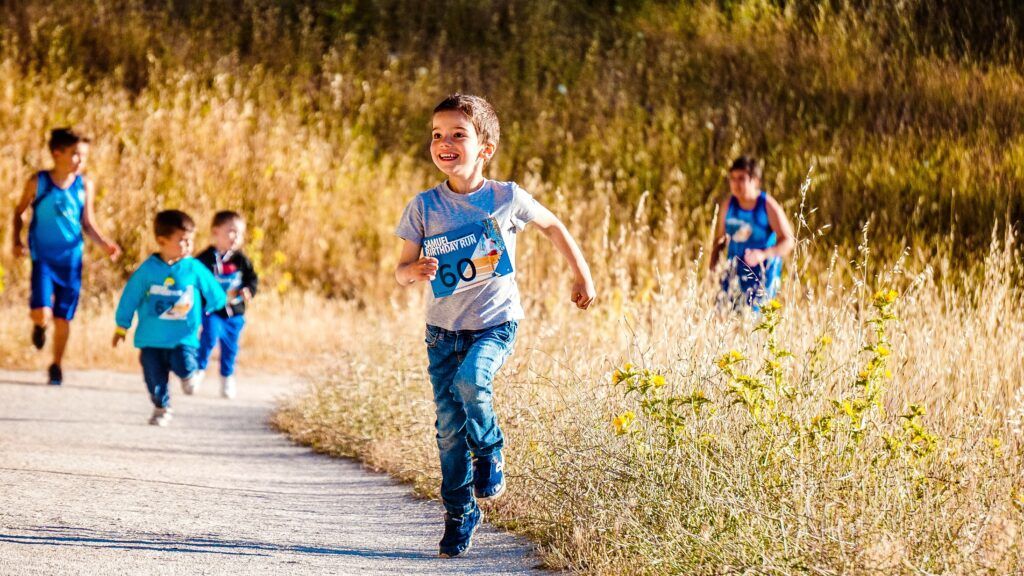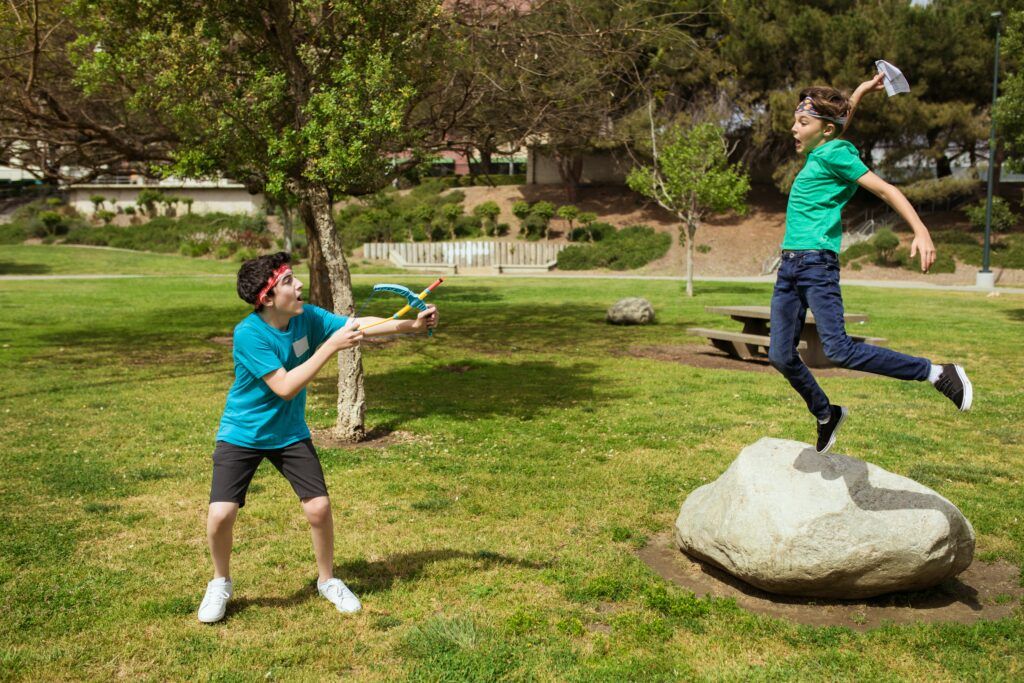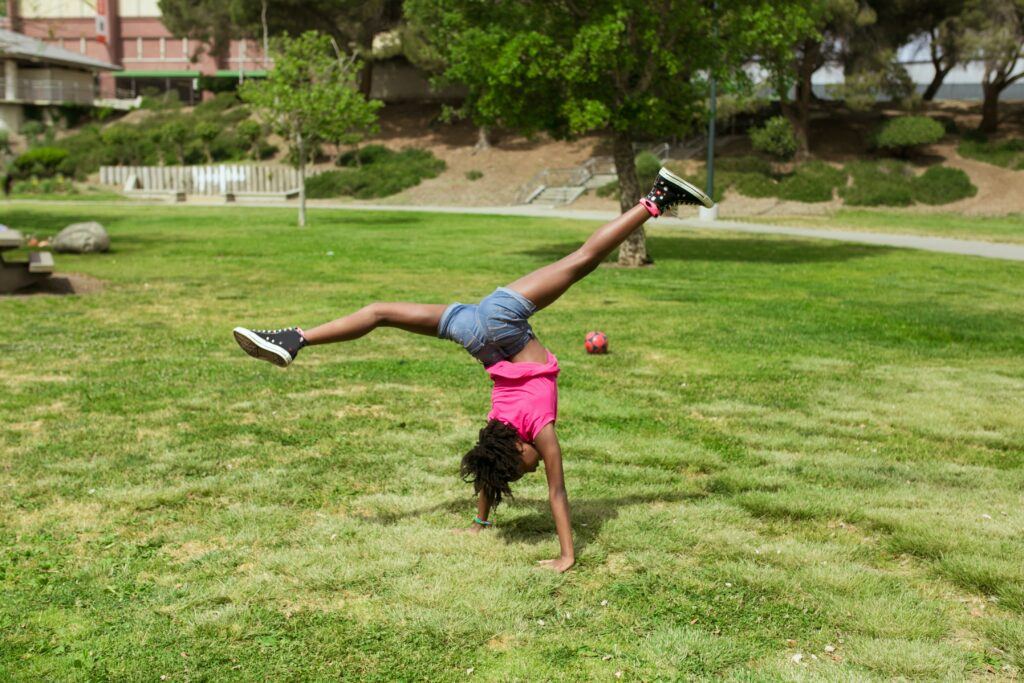Non-Sporting Kids who haven’t had much experience in a particular sport may require additional time to develop the necessary skills. Preschoolers can participate in a plethora of sports programs. Organized sports necessitate a long attention span and thorough understanding of the regulations. Most of the Non-Sporting Kids don’t have the physical abilities until they’re at least 6 or 7 years old. It doesn’t matter if it’s a game of basketball, a game of catch, or a jog.
This means that while in a safe environment, your child will have the opportunity to enhance Both their bodily and emotional well-being. At home, encourage your child to practice. It’s far easier for your youngster to take risks and maybe fail in the company of adults than their classmates. Quality time with your loved one is also a bonus.
There is a problem with the coach or the league:
When the coach screams out orders or the league places a high value on winning, a Non-Sporting Kids who is already a reluctant athlete may become much more frightened. They don’t keep track of the score in some of these applications.
As children grow older, they can handle more competitive components like keeping score and keeping track of season wins and losses. Discuss the philosophy with coaches and parents. Some youngsters thrive on competitive play, but most aren’t ready until they’re between 11 and 12. Noncompetitive leagues are offered by several sporting groups, such as the YMCA.

It is important to remember that the atmosphere should remain cheerful and supportive for all participants in competitive leagues. Fear of the stage The pressure of being on a team can be intimidating for Non-Sporting Kids who aren’t naturally athletic or shy.
This is especially true if the league is competitive and the child is still working on basic abilities. Prepare for your child’s participation in a sports program by conducting some preliminary research on the agenda. Parents, coaches, and teammates may be on the minds of more self-conscious children. The majority of Non-Sporting Kids don’t win Olympic medals or receive sports scholarships. Let your youngster know that the goal is to be fit and to have fun!
At this point in the process of purchasing a new sport:
For some kids, the thought of participating in an individual sport is more intriguing than participating in a team sport. Some Non-Sporting Kids haven’t found the sport that suits them. Some children may have the passion and physique to excel in other sports, such as swimming, running, or cycling.

Keep an open mind about your child’s desire to participate in various sports and activities. Being forced to give up your dream of playing professional basketball because you loved it is challenging to find yourself in. As long as you’re open to different possibilities, you’re giving your child the opportunity to find their passion.
Other Obstacles:
Expect a broad range of heights, weights, and athletic talents among children of the same age group because children mature at various speeds. A juvenile who is disproportionately huge or tiny for their age group. There’s also the possibility that Non-Sporting Kids are terrified of getting hurt or worried that they’ll fall behind.
Children who are obese may be reluctant to participate in sports because of their weight. Competing with them may make them feel self-conscious and uncomfortable. Swimming and other sports that need just brief bursts of energy, such as tennis, may be more appropriate for youngsters with asthma.

A parent’s primary concern should be that their child does not become discouraged from participating in sports and physical activities more generally. The swim is a good alternative for an overweight child but lacks the stamina to participate in running. Assert your parental role in resolving your child’s worries.
You can help your child succeed in whatever activity they choose by understanding and creating a supportive environment. Outside of Team Sports: Fitness The perfect sport or league may turn even the most adverse of Non-Sporting Kids into team sports fans, regardless of how bad they used to be at sports. For children who do not participate in a team sport, the free play might be precious.
Even if your child isn’t a huge fan of organized sports, there are still many ways to acquire the recommended 60 minutes or more of exercise each day. When children are left to their own devices, they will engage in activities such as: The sport of hooliganism Dancing Wiffle ball is a popular pastime.
Assuring Your Child’s Freedom of Choice:
In the face of adversity, strive with your child to discover an activity that they enjoy. Try to keep your thoughts open. If Non-Sporting Kids have difficulty picking and adhering to an activity, you’ll need to be patient. There are often multiple attempts before a child finds a school that feels like a good fit.

Usually, if the coach or the league are not on board, it is time to look for something new. Your child may have an interest in an activity that isn’t available at school. Try flag football or ice hockey if your daughter has an interest. For example, you may assist her in finding a local league or speak with the school administration about organizing a new team.
In the end, you’ll be glad you put the time and effort into it when it pays off. If a Non-Sporting Kids follows these guidelines, it will be a significant step forward in their development. It has the potential to set the groundwork for a lifetime of healthy behaviors.















